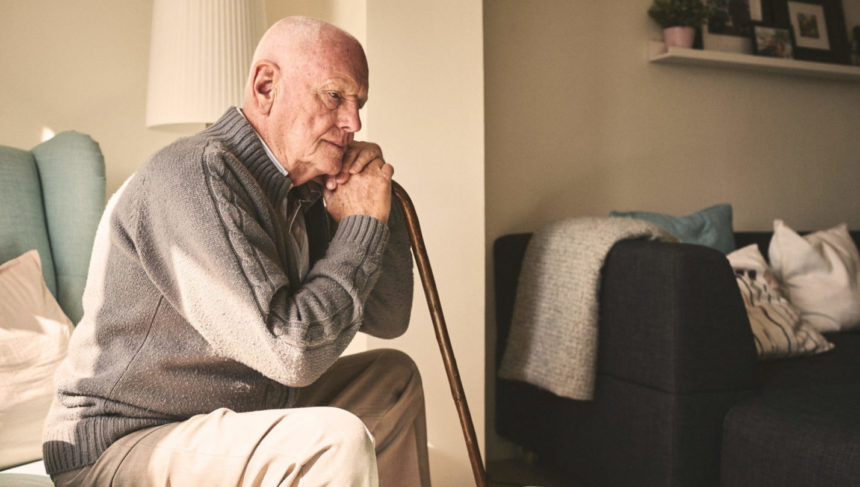
New research is sounding the alarm about the risk for suicide in older adults who identify as transgender. Namely, people ages 50 and up in the United States have a high risk for suicidal ideation due to a complex variety of reasons.
Data came from the 2015 US National Transgender Survey, and zeroed in on 3,724 transgender adults aged 50 or older. Of them, 25.8% said they had seriously considered ending their lives within the past year. The figure is much higher than the previously estimated ones.
The number of people who had contemplated suicide decreased as people got older. It went from 31.7% in those between 50 and 54 years old to 12% in people who were 70 and up.
The researchers looked at workplace issues, interactions with professionals, use of public services, personal safety and socioeconomic disadvantages to see if there was a tie between challenges in those areas and the likelihood of suicidal ideation.
There were higher odds of older transgender individuals contemplating suicide with regard to all five areas. The risk was 96% to 121% higher in those having challenges in any of those areas, and 258% to 1,552% higher when people had obstacles in a specific domain, depending on the specific area.
The report was published Nov. 20 in Aging and Mental Health. The study release date marks the Transgender Day of Remembrance, which honors the memory of transgender people whose lives were lost as a result of anti-transgender violence.
“Our research has exposed the distressing reality faced by many older transgender adults who are grappling with suicidal thoughts due to the cumulative impact of multiple adverse factors on their lives,” Thomas Alex Washington, PhD, professor and BASW Program Director in the School of Social Work at California State University, Long Beach, said in a statement.
“This underscores the critical need for comprehensive support, advocacy, and mental health resources to address this growing concern,” Washington said.
Why does the risk for suicidal contemplation go down as people age? Hugh Klein, PhD, the founder and president of Kensington Research Institute, as well as a Research Faculty Associate in the School of Social Work at California State University – Long Beach, said that greater resilience, personal growth, adaptive strategies and changes in life situations may give a person more protection from the risk.



